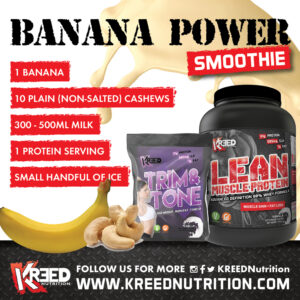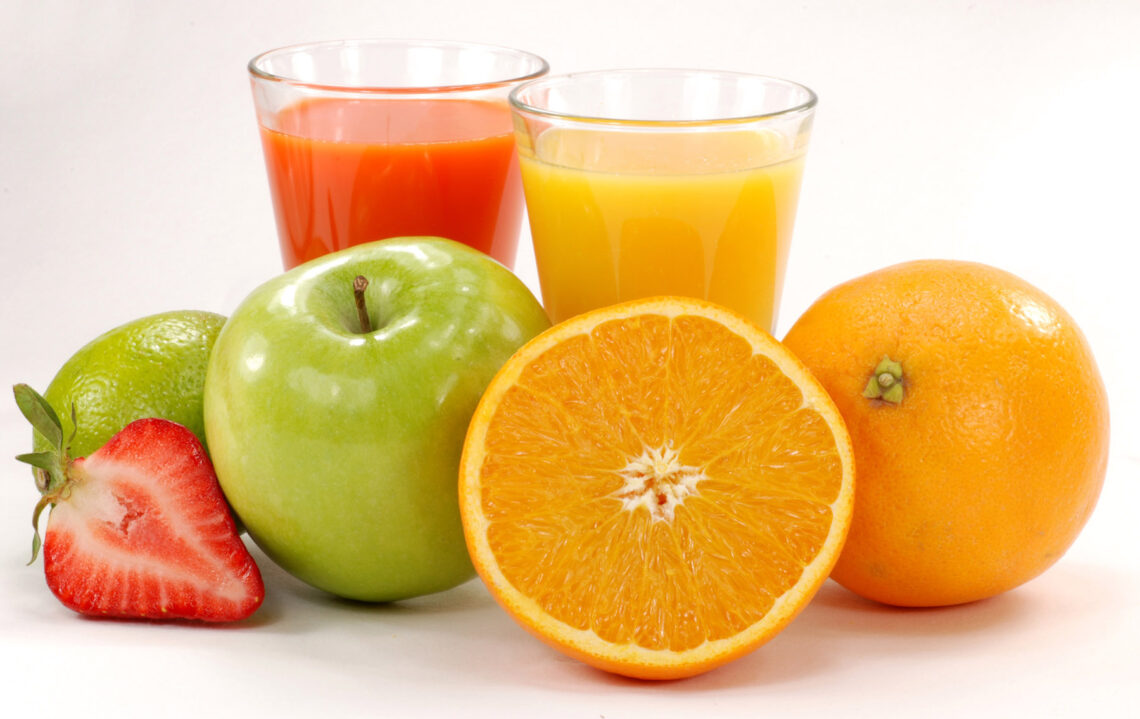Grabbing a glass of fruit juice in the morning, the lunchtime smoothie or sipping fresh nectar throughout the afternoon, is a healthy and easy way to get your five a day, right? Whilst there may be a number of health benefits associated with drinking fresh fruit juices, there are also a number of reasons why it may not be as healthy as you think.
People are constantly on the go, and so fruit juice, has become a popular household item because fresh juice (that is, juice not from concentrate) can often be classed as at least one of your recommended five fruits and vegetables a day. For those with limited time, it seems like a quick and healthy way to consume vitamins and minerals. Even juices from concentrate are popular because people think that they are getting a cheaper but still healthy alternative to many other beverages.
 However, fruit juices may not be quite all they seem; the main reason is that they are loaded with sugar (even though it is natural sugar). In a world facing an obesity epidemic where the focus of governments is turning to the hidden sugar in food and drink, the question as to whether fruit juice is actually good for you has become more significant. If you’re also looking to shred or lose weight, fruit juice may be the wolf in sheep’s clothing for you to avoid…
However, fruit juices may not be quite all they seem; the main reason is that they are loaded with sugar (even though it is natural sugar). In a world facing an obesity epidemic where the focus of governments is turning to the hidden sugar in food and drink, the question as to whether fruit juice is actually good for you has become more significant. If you’re also looking to shred or lose weight, fruit juice may be the wolf in sheep’s clothing for you to avoid…
The health benefits of juice
There is no denying that drinking fruit juice is a healthier alternative to many other drinks especially sugary fizzy drinks . 100% fresh juice is a nutrient dense drink with a vast amount of vitamins, minerals and phytonutrients. Drinking fruit juice will provide you with a large amount of Vitamin C, magnesium, potassium, folate, riboflavin, niacin and thiamin all of which are beneficial to your health.
A good example of this is recognised in the levels of vitamin C, that juices can provide. The recommended daily allowance of Vitamin C for men is 90mg and for women is 75mg. Just three quarters of a cup of orange juice provides enough for both genders, while a serving of grapefruit juice provides 70 mg, and tomato juice 33 mg.
The unspoken truth
Whilst you may think of fruit juice as a healthy alternative to many other beverages, it is important that you aware of the amount of sugar that you are consuming. Excessive consumption of fructose, which is the sugar found in fruit, is thought to be a leading cause of conditions, such as Type 2 diabetes, high blood pressure and even heart disease. Younger children, who drink a lot of fruit juice may also suffer from tooth decay due to this excess sugar intake.
A small carton of orange juice, depending on the variety, will usually contain about two and a half teaspoons of sugar, while a whole glass has more than five teaspoons. Now consider eating the actual fruit of a whole orange; although you would still find two teaspoons of sugar, you would also benefit from an additional three grams of fibre. Sadly fibre is only found in very small quantities in the juice . This is because juicing removes fibre and in some cases, depending on the quality of the juicing method, even lowers the overall nutritional content.
Tip: A simple but effective one; dilute half your glass of juice with cold water and adding ice cubes to make a delicious but less sugary drink.
Pre-prepared or even fresh smoothies may also offer health benefits, for those people who want more nutrients than the juice alone can provide, but you must be careful because you can also add hundreds of extra calories to your daily diet, without realising.
Fruit Differences
If you are concerned about the amount of sugar you are consuming through juice, then you should also understand that not all fruits contain the same levels of sugar. Fruits such as apples, bananas, grapes, pineapples, mangoes, pears and kiwi are generally higher in sugar containing over 10 grams per serving. Fruits lower in sugar content are ones like be strawberries, guava, papaya, watermelon, grapefruit and figs which average less than 7 grams per portion.
Know Your Labels
The world today is about marketing and sales, therefore this is important lesson to quickly learn; just because a product markets itself as being healthy or counting as one of your five a day, does not necessarily mean that consuming it regularly will make you healthier. Bear in mind that some brands of fruit juice contain as much sugar, if not more, than a fizzy drink equivalent!
Stocking Up
When choosing the right fruit juice to stock in your refrigerator, you should always check the labels, the nutritional content and make sure that the juice 100% pure (from the fruit), preferably freshly squeezed, avoiding those from concentrate, as the juice itself has undergone a process whereby it has lost a vast amount of nutrients and minerals.
So next time you are out and about and want to hit that new juice bar that you saw for the first time at the end of your high street (which also means your house , remember that fruit juice is a healthy drink, but only when consumed in moderation.

Keep Me Recipe Card (right click to save)
There’s always a middle whey (smirk). If you want the taste and benefits of fruit as well as taking down some protein as part of a snack or post-workout recovery, try the Banana Power Smoothie:
Ingredients:
- 1 banana
- 10 plain (non-salted) cashews
- 300-500ml milk
- 1 sachet or 1 scoop of KREED Lean Muscle Protein or Trim and Tone (Chocolate Cookie or Vanilla flavour)
- Small handful of ice (optional)
Blend the ingredients and enjoy!




























